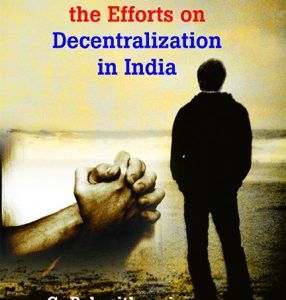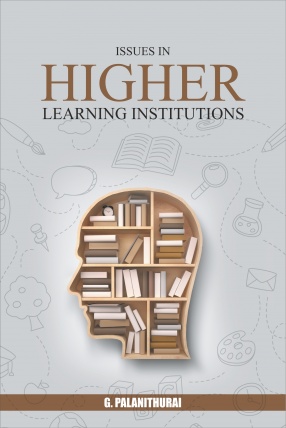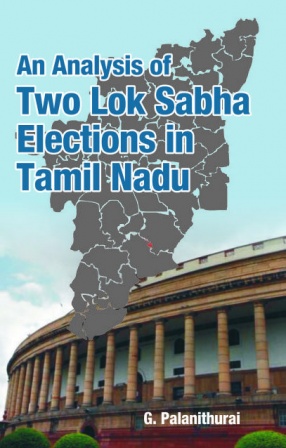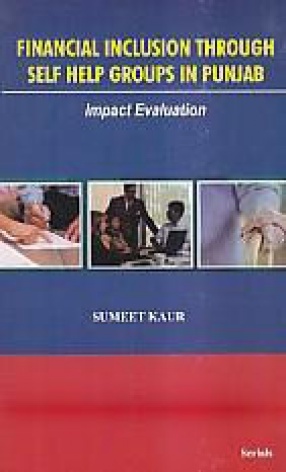Subtotal: $19.95

Dynamics of New Panchayati Raj System in India
In stock
Rural transformation undergoes a metamorphosis after the introduction of new governance at grassroots through the 73 amendment to the constitution of India. Newly created institutions for governance have teething problems and yet they picked up momentum in their dynamics. New concientization takes place in the minds of the people about their role and responsibility and feverish socio-economic activities have been initiated by the institutions and a new kind of relationship has been established between the State Government and the grassroots institutions as established between the Central Government and State Government. Problems which had not been so far noticed have come to the surface while deepening democracy in the society. A new participatory culture comes to governance at the grassroots and thereby it indicates that it would move towards the other realm of governance. Variety of institutions both evolved and imposed over a period of time have come to synergise their activities for effective delivery of services. Thus it seems the concept ‘governance’ provides a new meaning and explanation as activities are centering around people by relegating the concept government to the background. It does not mean that the process is smooth and positive. Decentralization process has its own obstacles as it breaks many hurdles. Strategies have been evolved then and there to overcome such obstacles and barriers and it moves towards the people to empower them. The whole process of the transformation has been captures in this work form the experience of the provinces. Key issues have been highlighted for further understanding of the dynamics of village voice. This volume provides statewise outlook of the devolution of powers. It aims at providing analysis of the performance of the institutions interms of the powers assigned to them.

 Flowering Plants and Ferns of Ceylon
Flowering Plants and Ferns of Ceylon 





There are no reviews yet.